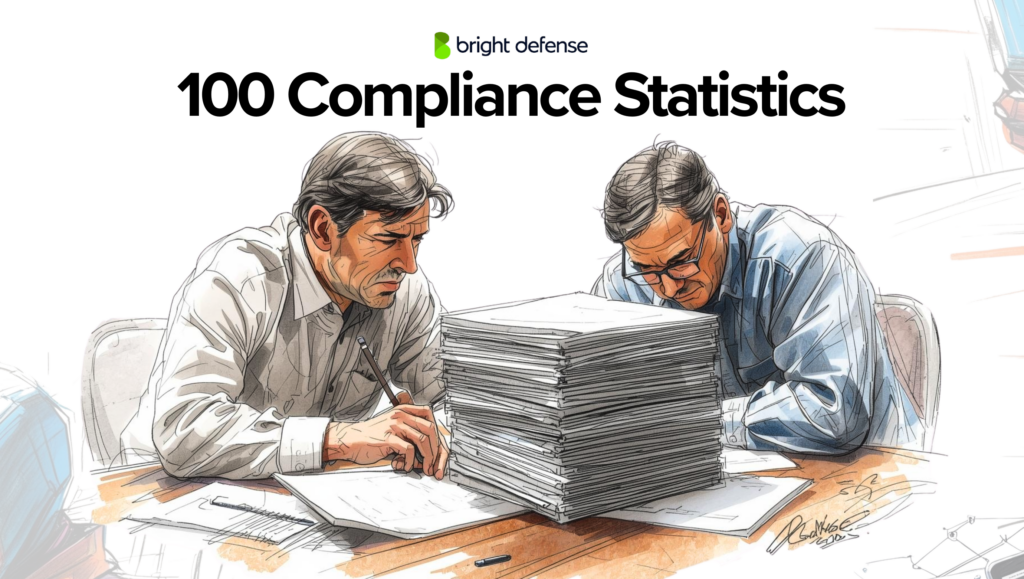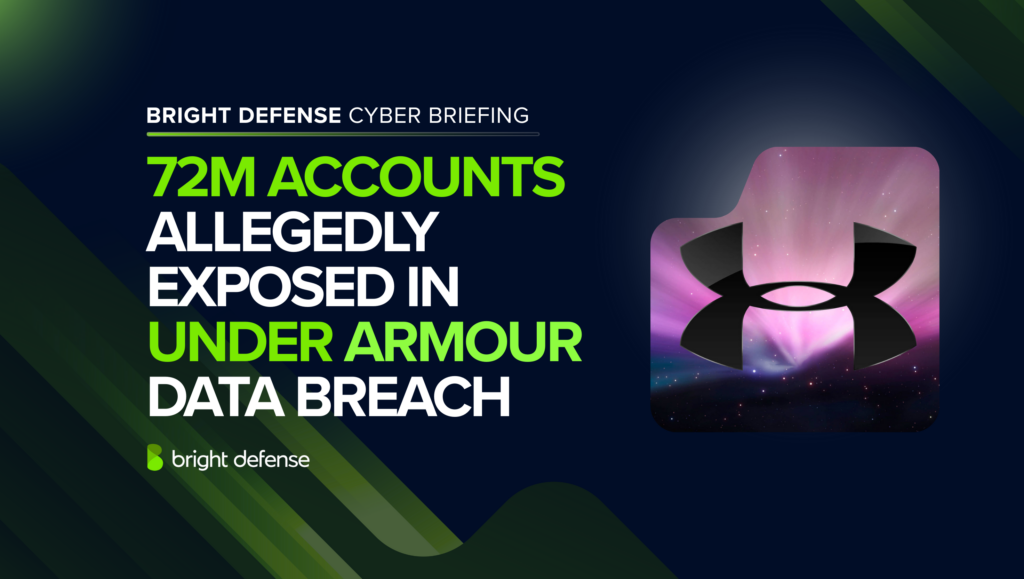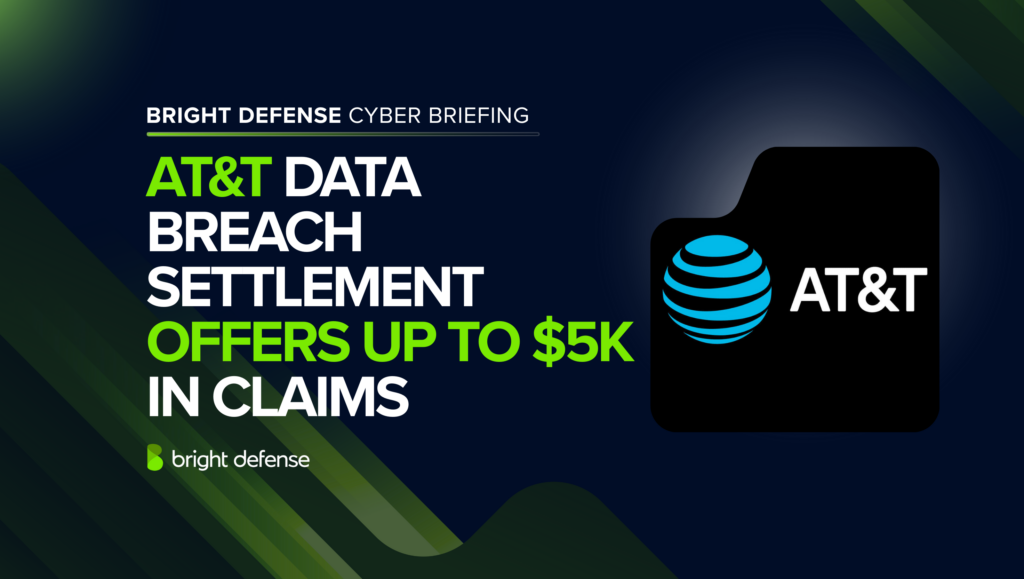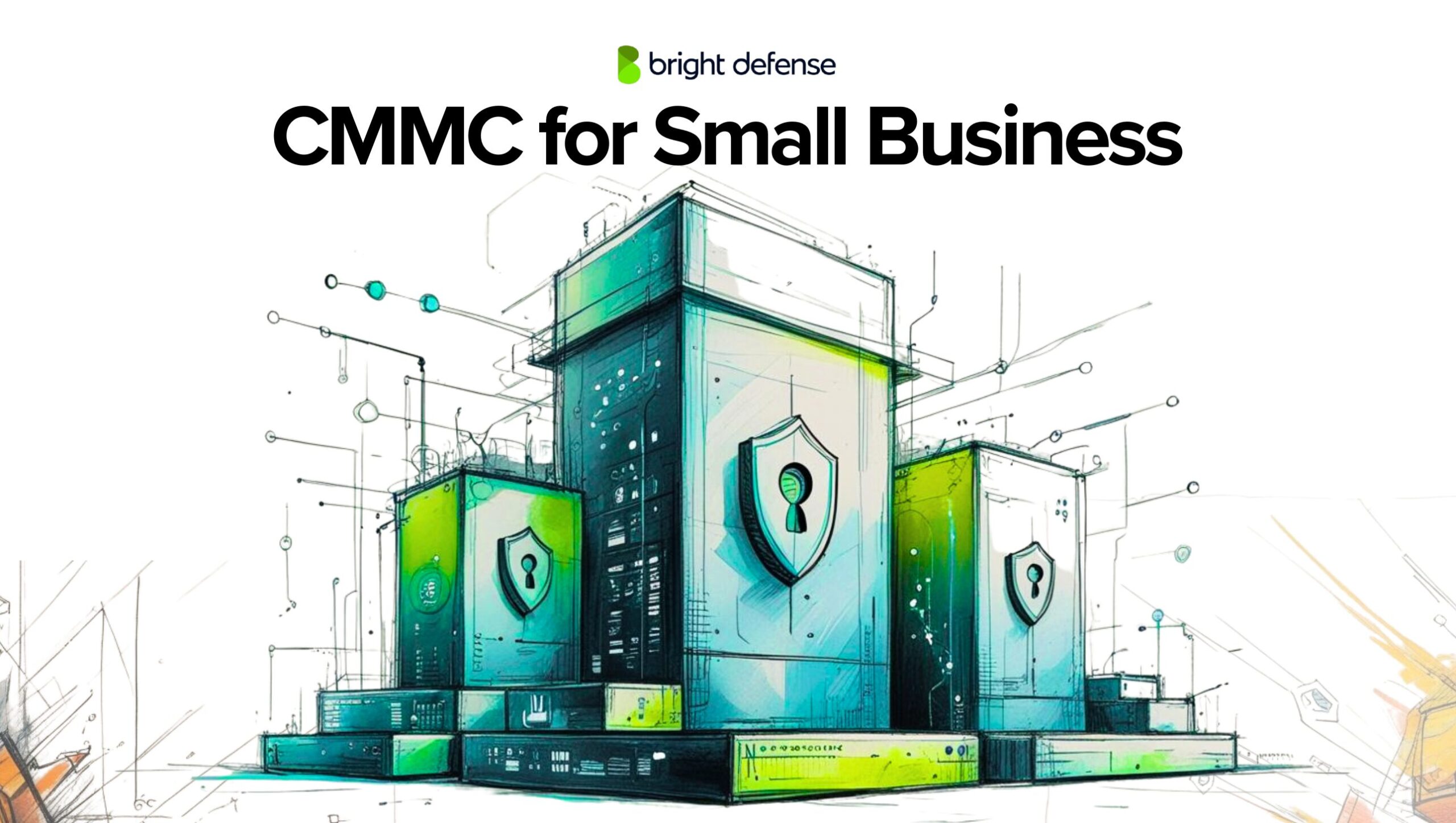
CMMC for Small Business
Cybersecurity is a critical concern for businesses of all sizes. If your small business works with the US Department of Defense (DoD), your cybersecurity posture has national security implications. The DoD introduced the Cybersecurity Maturity Model Certification (CMMC) as a framework for enhancing cybersecurity practices for organizations working with them. This article explores CMMC for small business and outlines what small businesses must do to meet CMMC requirements.
Why CMMC is Crucial for Small Business?
Small businesses play a key role in the defense supply chain but are often targeted by cyberattacks due to limited security resources. CMMC sets clear, actionable standards that help small contractors protect sensitive data, meet federal requirements, and stay competitive.
Without compliance, small businesses risk losing DoD contracts and falling behind competitors who meet cybersecurity expectations. CMMC provides a framework to build a reliable security foundation, reduce risk, and open doors to future government work.
Let’s find out what are the key benefits of having CMMC certification for a small business:
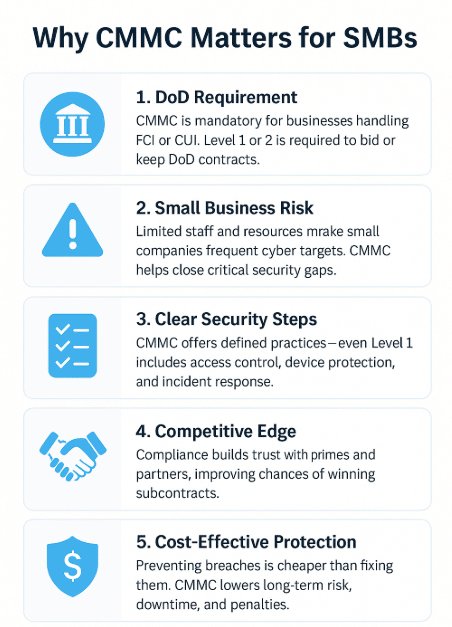
1. Required for DoD Contracts
The Department of Defense is one of the largest buyers of goods and services in the world. To secure work in this space, small businesses must meet CMMC requirements. Once CMMC is fully implemented, certification will be a mandatory condition for receiving or continuing DoD contracts.
Without it, small businesses risk being locked out of a major revenue stream that can drive long-term growth and financial stability.
2. High Risk, Limited Resources
Small contractors are often targeted by attackers precisely because they lack the budget and staffing of larger firms. A single breach can result in lost contracts, regulatory scrutiny, and costly recovery efforts.
CMMC gives small businesses a clear and manageable set of practices to improve their defenses, reducing exposure without requiring enterprise-level infrastructure.
3. Clear Guidelines to Improve Security
CMMC removes the ambiguity around what “good cybersecurity” looks like. Even Level 1 outlines basic, achievable practices such as access control and incident response. These guidelines help small businesses build structure around their cybersecurity efforts without guessing or over-engineering.
4. Access to Lucrative Contracts
CMMC certification is not just about compliance, it’s about unlocking access to one of the most stable and high-value markets available. Once CMMC becomes fully integrated into DoD procurement, uncertified businesses will be ineligible to bid. Achieving certification opens the door to long-term contracts, recurring work, and stronger financial footing.
5. Competitive Advantage
CMMC does more than make you eligible, it makes you stand out. Certification signals to DoD program officers, prime contractors, and other potential partners that your business prioritizes cybersecurity. In a marketplace where supply chain security is under constant scrutiny, this credibility can tip the balance in your favor when competing for contracts.
Understanding CMMC Levels
CMMC 2.0 comprises three maturity tiers, each with distinct requirements:
- CMMC Level 1: Level 1 represents the foundational tier and encompasses 17 practices sourced from NIST 800-171. Companies achieving Level 1 compliance must conduct an annual self-assessment. Bright Defense is well-equipped to assist you with implementing these 17 controls and guide you through the assessment process.
- CMMC Level 2: Aligned with NIST SP800-171, Level 2 introduces a more comprehensive set of 110 controls. Organizations dealing with critical national security data must undergo third-party assessments every three years, alongside annual self-assessments.
- CMMC Level 3: The highest level of rigor, Level 3, encompasses over 110 requirements derived from NIST SP 800-171 and 800-172. Contractors at this level will undergo government-led assessments every three years.
It’s important to note that CMMC 2.0 is currently undergoing the rule-making process. Companies seeking to engage with the defense industrial base will be required to meet CMMC 2.0 standards once these rules are enacted, a development anticipated to occur in 2024.
Which Businesses Need CMMC 2.0 Compliance?
CMMC 2.0 is not just for large defense contractors. It applies to a broad range of businesses that handle sensitive government data or support the defense supply chain.
If your organization processes Federal Contract Information (FCI) or Controlled Unclassified Information (CUI), CMMC 2.0 requirements likely apply. Below are the key types of businesses that must meet these standards:
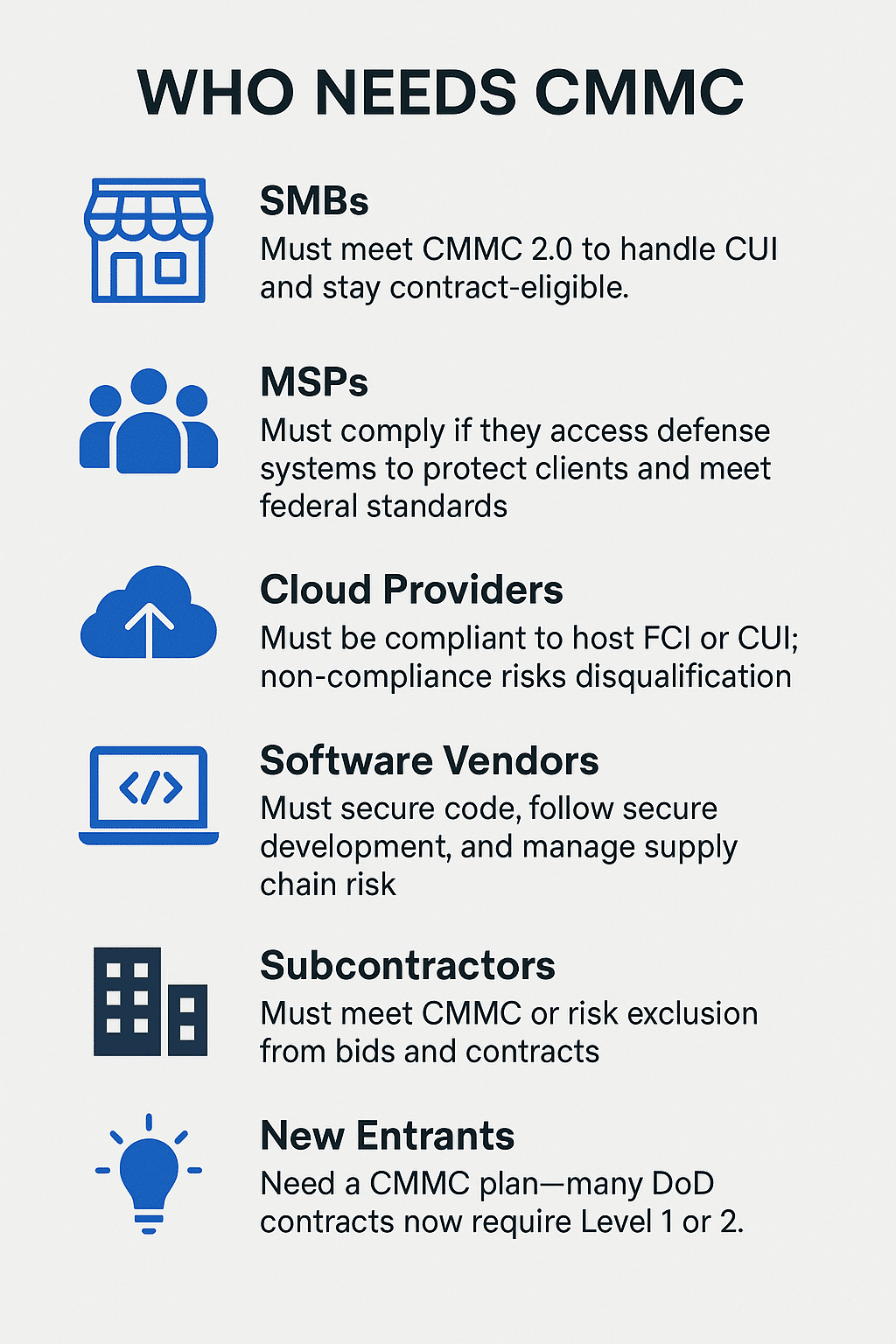
1. Small and Medium-Sized Businesses (SMBs) Handling CUI
SMBs often provide specialized manufacturing, engineering, or technical services to the DoD and prime contractors. Many of these services involve exposure to Controlled Unclassified Information.
Without CMMC 2.0 compliance, these businesses will be ineligible for future contracts involving CUI. Certification ensures continued participation in defense work, protects sensitive data, and supports long-term business viability.
2. Managed Service Providers (MSPs) in the Defense Supply Chain
MSPs play a critical role in managing IT infrastructure, security operations, and system maintenance for defense contractors. Because they often access customer environments, systems, or sensitive data, MSPs themselves fall under CMMC requirements.
Compliance helps MSPs demonstrate that their services align with federal cybersecurity expectations, protecting their clients and maintaining credibility in the defense sector.
3. Cloud Service Providers Hosting Defense Data
Cloud vendors that store or process FCI or CUI on behalf of DoD contractors are required to meet strict federal cybersecurity standards.
Even if the contractor is compliant, using a non-compliant cloud service can result in disqualification from contract eligibility. CMMC 2.0 compliance ensures that cloud infrastructure providers meet the same security expectations as the clients they support.
4. Software Vendors Supplying DoD-Facing Applications
Businesses developing or maintaining applications used by defense contractors or government agencies must secure their software against tampering and misuse. This includes controls around source code protection, secure development practices, and supply chain risk management.
CMMC 2.0 is increasingly used to measure whether software vendors can be trusted with sensitive workflows or CUI.
5. Subcontractors Working Under Prime Defense Contractors
Even if a company does not work directly with the DoD, it may still process CUI or FCI as a subcontractor. Prime contractors are under growing pressure to ensure their entire subcontractor base is CMMC-compliant.
Subcontractors that fail to meet requirements risk being dropped from bids or losing long-standing partnerships.
6. New Entrants Seeking Defense Contracts
Startups and first-time bidders looking to enter the defense market must plan for CMMC 2.0 compliance early. Many entry-level DoD opportunities now require at least Level 1 or Level 2 certification.
Without a plan to meet these standards, new entrants face barriers to entry regardless of their innovation or value.

The Costs of CMMC Compliance
Many small businesses are concerned about the financial burden of CMMC compliance. The good news is that the majority, perhaps 220,000 of the expected 300,000 businesses, should only need to achieve Level 1 compliance. This includes the vast majority of small businesses.
CMMC Level 1 Costs
Level 1 is designed for the protection of FCI. It only requires organizations to implement policies and technology to achieve basic cyber hygiene. These include:
- Access control, including physical and systems access.
- Limiting who can access, view, or edit company files.
- Verifying identities of users who access information systems containing CUI.
- Physically or logically separating networks.
- Protecting information systems from malware.
- Performing periodic scans of the network and information systems.
Your organization may be doing many of these things already. If you do not, you can accomplish many of these items for free with some changes to your cybersecurity policies. A CMMC assessment from Bright Defense is a great first step to assess your current level of readiness for CMMC 2.0.
Expenses that may be necessary include:
- Anti-virus software
- Multi-factor authentication software
- Security awareness training
- A firewall for network segmentation
In total, the entire process may cost as little as nothing, and as much as $15,000 or $20,000 for the average small business.
Once you are confident you meet CMMC 2.0 Level 1 requirements, you must deliver a self-assessment. Bright Defense can also help with the self-assessment process. It is critical to be honest in the self-assessment process. The Department of Justice has been pursuing companies that fail to follow required cybersecurity standards.
CMMC 2.0 Level 2 and 3 Costs
CMMC Levels 2 and 3 are focused on protecting Controlled Unclassified Information (CUI). It requires your business to meet 110+ NIST controls. If you are receiving marked as “CUI”, you will likely need to comply with Level 2 or 3.
These levels also require third-party assessments from outside auditors. As such, costs increase greatly. One estimate puts the cost of the assessment portion only at $28,050 for Level 2 and $60,009 for Level 3.

Conclusion
CMMC offers small businesses a structured framework to enhance their cybersecurity posture. Achieving CMMC certification safeguards sensitive data and demonstrates a commitment to security that can enhance competitiveness. As you embark on your CMMC journey, remember that cybersecurity is an ongoing process, and staying vigilant is critical to long-term success.
Bright Defense Delivers CMMC Compliance Solutions!
If you are looking to develop a cybersecurity program to achieve or maintain compliance with CMMC, Bright Defense can help. Our monthly engagement model will improve your security posture and meet frameworks including CMMC, SOC 2, HIPPA, ISO 27001, and NIST. We include a compliance automation platform that increases efficiency and lowers the cost of compliance.
Additionally, we offer CMMC assessments, Virtual CISO (vCISO) services, and managed security awareness training. Bright Defense protects our customers from cybersecurity threats through continuous compliance.
If your small business is ready to achieve CMMC 2.0 compliance, contact us today! We appreciate the opportunity to partner with you.

FAQs: CMMC and System Security Compliance
What is CMMC, and who does it apply to?
CMMC, known as the Cybersecurity Maturity Model Certification, is a framework designed to enhance cybersecurity practices. It applies to defense contractors, including prime contractors and managed service providers, handling sensitive information supporting defense contracts.
What is the significance of CMMC for managed service providers (MSPs)?
MSPs play a crucial role in maintaining the cyber hygiene of organizations within the defense industrial base. CMMC compliance is essential for MSPs to ensure the security of sensitive information systems.
How does CMMC align with federal requirements?
CMMC aligns with federal requirements, particularly NIST SP 800-171, serving as a roadmap for organizations to comply with security requirements set forth by the government.
What are the specific security practices included in CMMC?
CMMC comprises a range of security practices, from basic cyber hygiene to advanced controls. These practices are designed to be continuously improved upon to ensure information system security.
Do defense contractors need to update their practices on an annual basis?
Yes. Defense contractors must continuously improve their security practices annually to meet the evolving cyber threat landscape.
What is a System Security Plan (SSP) under CMMC?
An SSP is a crucial document detailing how an organization plans to implement security practices. It outlines the strategies and measures in place to protect sensitive information.
Can MSPs help defense contractors comply with CMMC?
Yes, MSPs can provide valuable assistance in helping defense contractors understand and comply with CMMC requirements. Their expertise in cybersecurity is instrumental in achieving and maintaining compliance.
Are there additional practices beyond CMMC requirements that organizations can adopt?
While CMMC outlines essential security practices, organizations may further implement additional measures to enhance their cybersecurity posture, aligning with the principle of continuous improvement.
In summary, CMMC is a critical framework that defense contractors, including managed service providers, must adhere to to comply with federal requirements, safeguard sensitive information, and win defense contracts. The model promotes continuous improvement and annually outlines specific security practices to protect information systems.
Get In Touch

